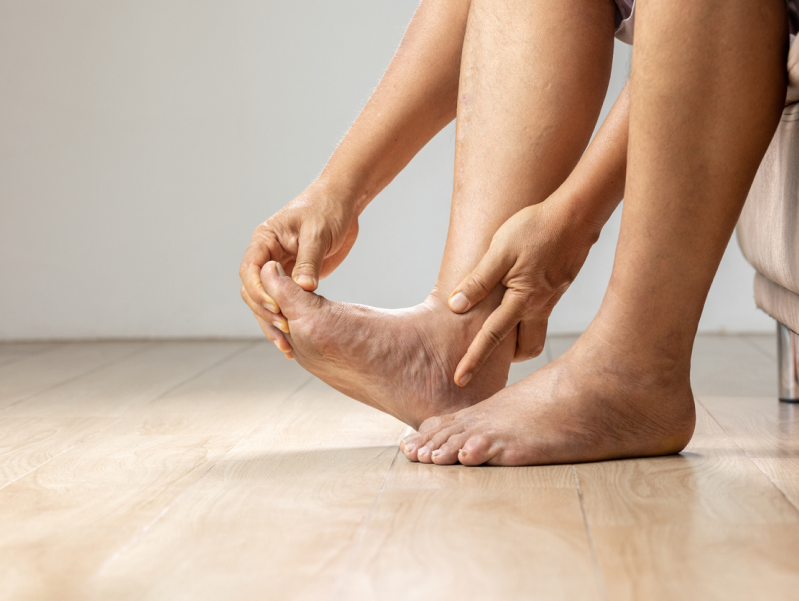
What is Plantar Fasciitis?
Plantar fasciitis is a common condition characterized by inflammation of the plantar fascia, a thick band of tissue that runs across the bottom of your foot, connecting your heel bone to your toes. This condition causes pain in the heel and bottom of the foot, particularly when taking your first steps in the morning or after long periods of rest.



